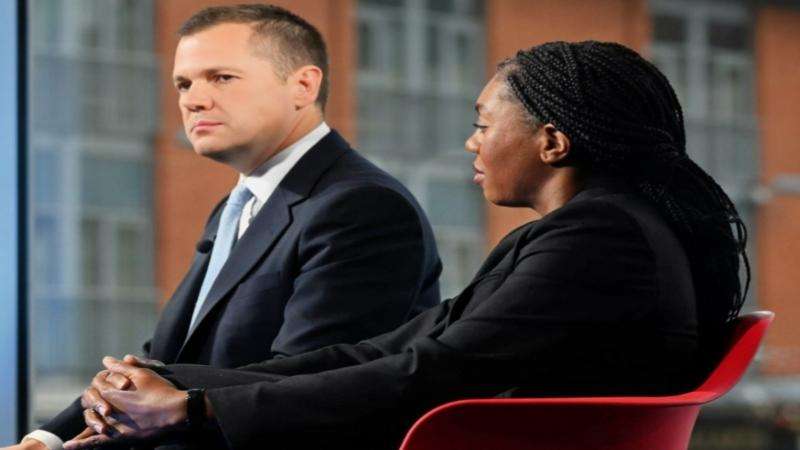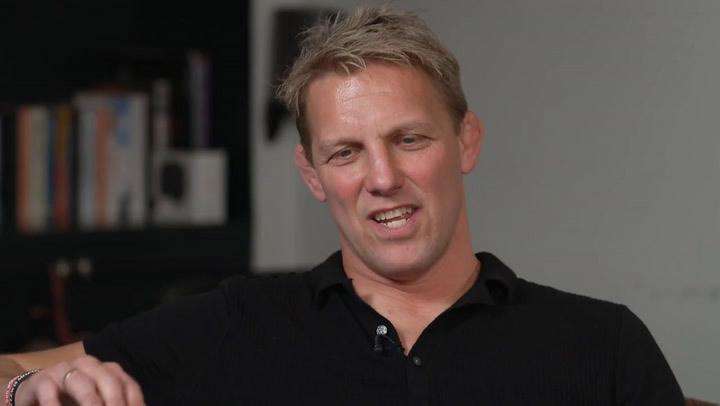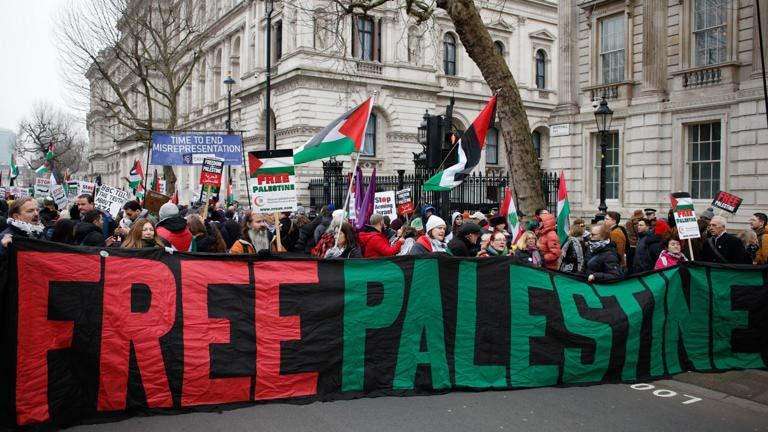An Iran-linked organization has faced criticism after urging King Charles to use his influence to include the Gaza conflict in Monday’s Holocaust commemorations.
The Islamic Human Rights Commission (IHRC), which receives funding from a registered charity, has been accused of undermining the Holocaust’s significance by making “false comparisons” with other conflicts and tragedies.
The IHRC, along with a group of academics, celebrities, and activists, has written to the King, requesting his intervention regarding the Holocaust Memorial Day Trust’s decision not to recognize Gaza as one of the genocides being commemorated. The trust, for which King Charles serves as a patron, has been asked to reconsider what the group calls the “morally unacceptable” exclusion of Gaza from the list of genocides.
This year’s Holocaust Memorial Day will mark the 80th anniversary of the liberation of Auschwitz-Birkenau and will also honor victims of other genocides acknowledged by the UK government, including those in Bosnia, Cambodia, Rwanda, and Darfur.
In an open letter, the IHRC joined Roger Waters, the former Pink Floyd member, Ken Loach, the film director, and Clare Short, the former Labour minister, in asking the King to “intercede for Palestinians in Gaza” and “use your influence to insist that the Holocaust Memorial Day acknowledges the current genocide”.
But the Holocaust Educational Trust and other Jewish groups have criticised the letter as part of a campaign intended to undermine the unique significance of the Holocaust.
Karen Pollock CBE, the trust’s chief executive, said: “Just days before we mark Holocaust Memorial Day, 80 years since the liberation of the notorious concentration and death camp Auschwitz-Birkenau, we are appalled to see that the Islamic Human Rights Commission continue this tasteless campaign to undermine such a significant day.
“Their cynical attempt to denigrate the memory of the Holocaust by drawing false parallels between the Holocaust – a unique and unprecedented episode in history – and unrelated current events, will not succeed.
“On 27th January, we will all come together to remember the six million Jewish men, women and children who were systematically murdered by the Nazis and their collaborators.”
In December last year, the IHRC wrote to 460 councils and universities calling on them to boycott the 2025 official Holocaust commemorations after organisers refused to include Gaza in the list of genocides being marked.
The IHRC is one of the founding members of the Convivencia Alliance, a coalition of Jewish, Muslim and Christian organisations, which organised the letter to the King.
The alliance rejects any two-state solution to the Israel-Palestine conflict, arguing for what it describes as “one democratic state” as a solution.
Rev Dr Stephen Sizer, the chair of the Convivencia Alliance, rejected accusations that its letter to the King was aimed at undermining the significance of Holocaust Memorial Day.
He said: “Other Holocaust Trusts, such as the Anne Frank Museum in Amsterdam, have drawn attention to other genocides in the world to heighten public awareness of the need to implement the Genocide Convention of 1948.
“If ‘never again’ is to mean ‘never again for anyone, anywhere’, and we are to truly honour the six million Jews who perished in the Holocaust with integrity, we must surely hold accountable those alleged to be perpetrating genocide today.”
The IHRC, which has special consultative status with the economic and social council of the United Nations, was criticised in the 2023 Independent Review of the Prevent’s counter-terror strategy by Sir William Shawcross.
Sir William described it as an “Islamist group ideologically aligned with the Iranian regime, that has a history of extremist links and terrorist sympathies”.
His official report notes: “Several senior figures within IHRC have espoused support for violent jihad, expressed sympathy for convicted terrorists, and advocated for the extraction and eradication of ‘Zionists’.
“Campaigns have supported high-profile associates of a number of terrorist or extremist groups such as al-Qaeda and the Taliban.”
Claudia Mendoza, the chief executive of the Jewish Leadership Council, told The Telegraph: “Holocaust Memorial Day provides a sobering opportunity for all to condemn hate and extremism. It speaks volumes about those who disgracefully call to boycott it.”
Massoud Shadjareh, the chair of IHRC, took part in a vigil in 2020 for the late Qassim Soleimani, a senior officer in the Islamic Revolutionary Guard Corps who was credited with masterminding the spread of Iranian influence across the Middle East.
The IHRC organises the annual Al Quds rally, where the Hezbollah flag has been waved by several of those taking part.
Saied Reza Ameli, who was a director at the IHRC from 2006 until 2022, is the secretary of Iran’s Supreme Council of Cultural Revolution, a key figure in the Tehran regime.
The IHRC is a limited company but receives a six-figure grant each year from the IHRC Trust, which is a registered charity. The two organisations are registered at the same address in Wembley.
Responding to the Government’s official review of the Prevent strategy, the IHRC accused the report’s author of being “Islamophobic”, adding that his “animosity towards Muslims” is “overt and unhinged”. It also criticised “false accusations and demonisation of our organisation”.
Mr Shadjareh told Middle East Monitor last week: “The boycott [of Holocaust Memorial Day] aims to challenge the exclusion of ongoing genocides, such as those in Gaza, from official recognition. By excluding Gaza, Holocaust Memorial Day implies that the suffering of Palestinians is less worthy of recognition, relegating their plight to the margins of history. This hierarchy dishonours the memory of those excluded and undermines the moral foundation of genocide remembrance.”
Royal sources said the day-to-day running and policy decisions of organisations for which the King is a patron are a matter for its governing body and trustees.
The King has previously spoken of the need for religious tolerance and mutual respect against the background of “international turmoil” in Israel and Gaza.
_8.jpg)
_5.jpg)
_8.jpg)





.svg)


